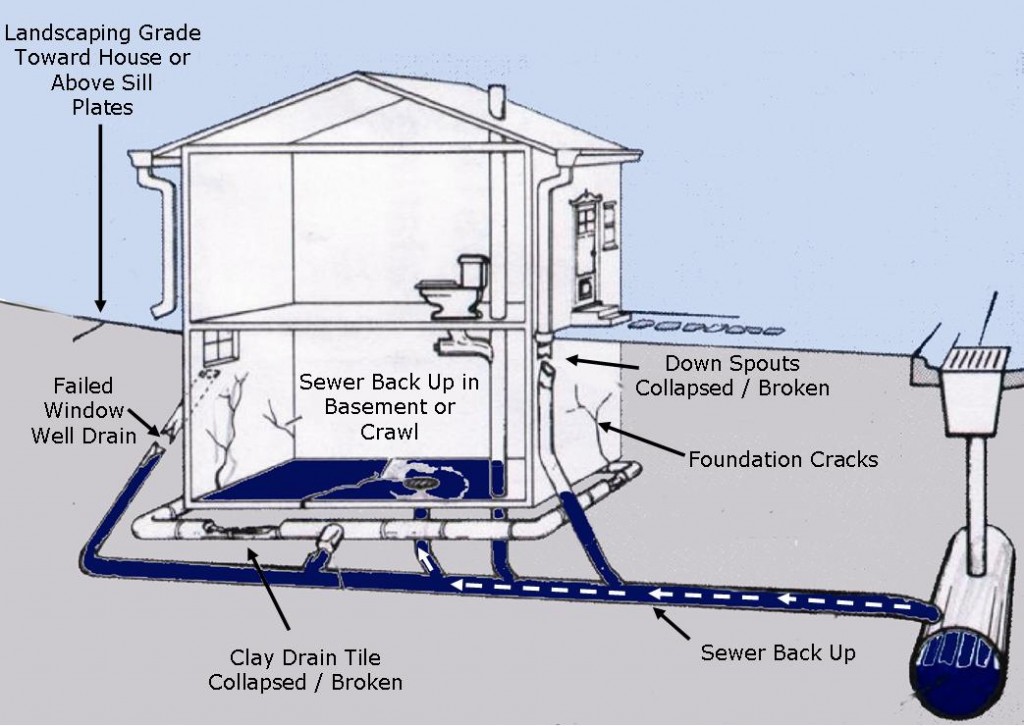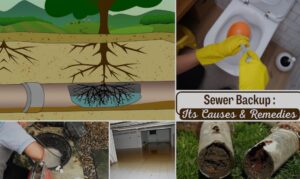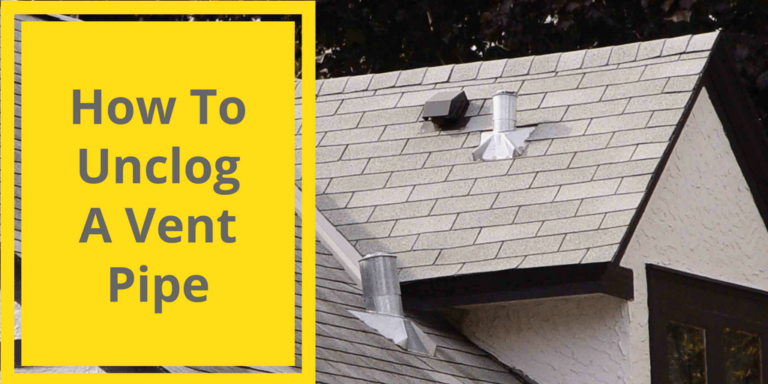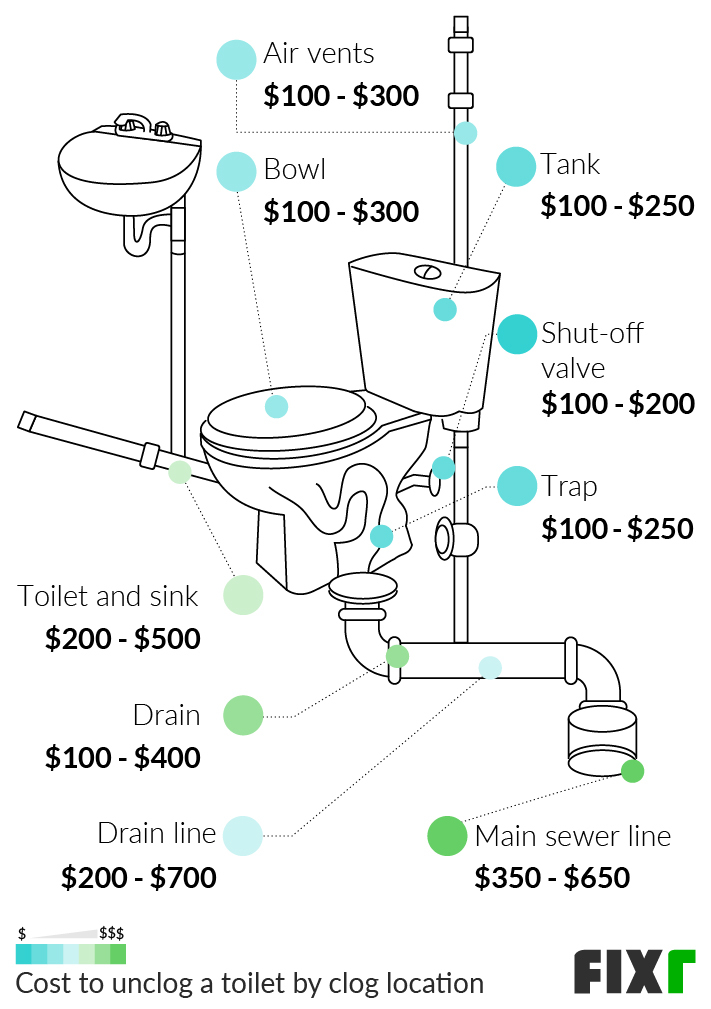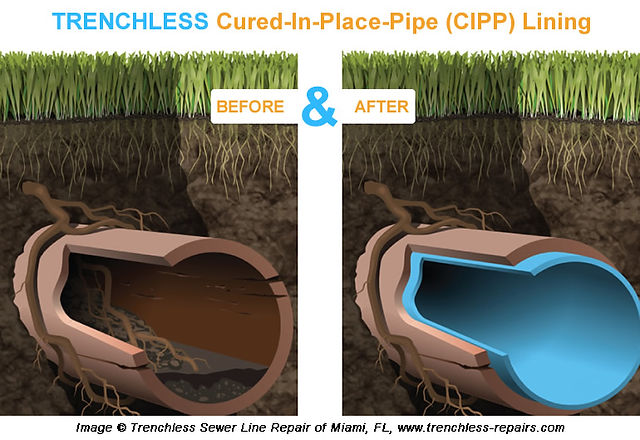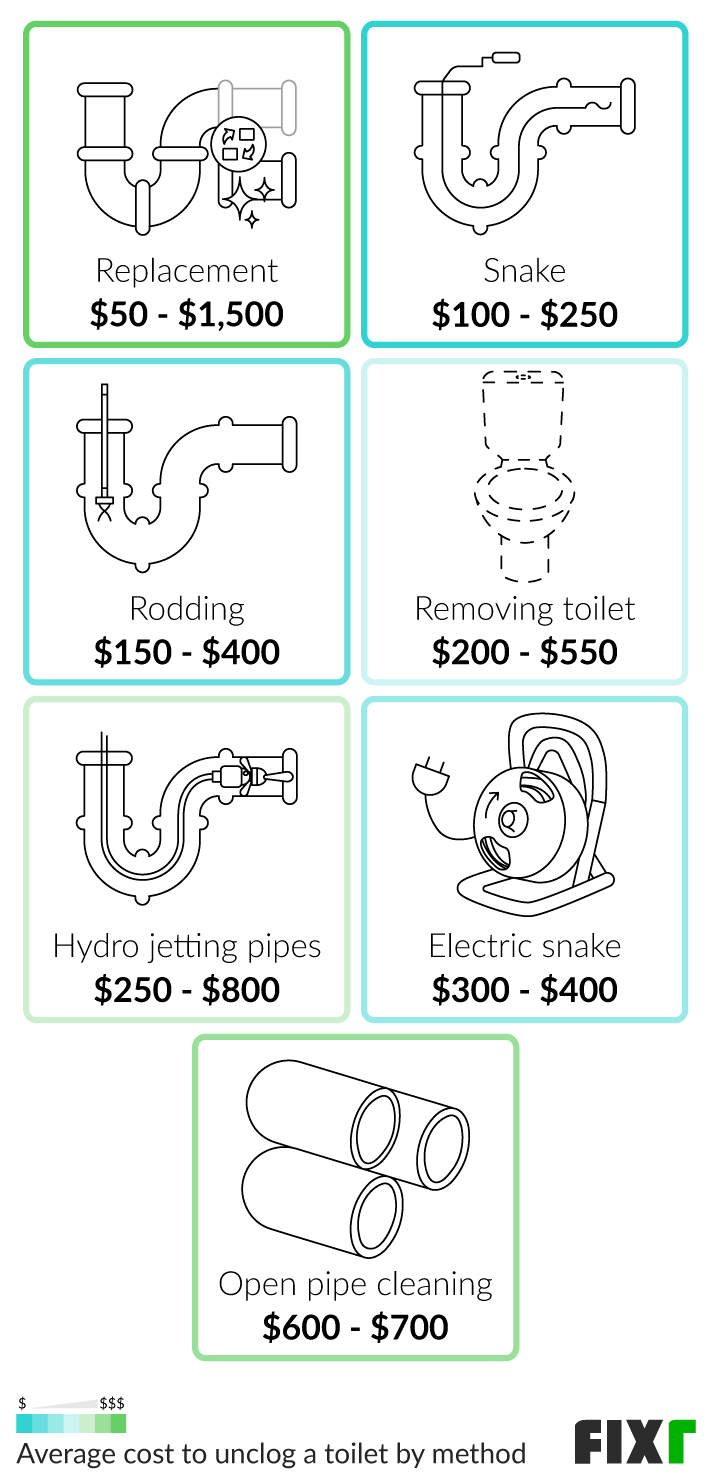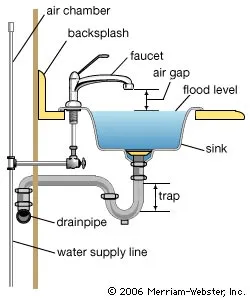Why Is My Plumbing Backing Up?
Plumbing backing up is a common issue that homeowners face. It can be caused by a number of factors, from clogged drains to tree root invasion. When this happens, it can create a serious problem as sewer water and other debris can back up into your home. It is important to understand the causes of plumbing backup and to take the necessary steps to address the issue in a timely manner. Taking these steps can help to avoid serious damage to your home, as well as health risks associated with exposure to sewer water.
What Causes Plumbing Backups?
Plumbing backups occur when water is prevented from draining properly. This can be caused by a variety of factors, such as foreign objects blocking the pipes, tree roots infiltrating sewer lines, aging pipes, or a buildup of grease, soap, or other debris. In some cases, these blockages can be cleared using a plunger or a drain snake. However, in more severe cases, professional help will be required to identify and repair the problem. Fortunately, there are preventive measures that can be taken to minimize the chances of a plumbing backup occurring, such as regularly testing and cleaning pipes and regularly removing debris from drains.
Common Reasons for Sewer Line Backups
Sewer line backups can be an incredibly inconvenient and unpleasant issue. Luckily, there are some common causes of sewer line backups that can be easily identified and remedied. These causes include clogs from objects like hair, grease, and other debris; tree root infiltration; bellied or sagging pipes; and broken or cracked pipes. To prevent these issues, be sure to keep your drains clear of debris, regularly inspect your pipes and lines for any damage or irregularities, and monitor any tree roots near your sewer system. With these simple steps, you can help avoid the costly and time-consuming problem of a sewer line backup.
How to Identify a Plumbing Backup Problem
A plumbing backup issue can be a tricky issue to diagnose, but understanding the signs and symptoms can help you identify the cause quickly. If you’re noticing slow drainage, gurgling noises coming from the pipes, or foul smells coming from the drains, it’s likely that you have a plumbing backup problem. To further diagnose the issue, look for water pooling around the drains or toilets, or check for any clogs in the pipes. If you have a septic tank, check the tank for any standing water or leaks. If you notice any of these signs, it’s important to contact a professional plumber to get the issue resolved.

How to Prevent Plumbing Backups
Preventing plumbing backups can save you lots of time and money. It is important to keep your drainage systems clear of clogs and debris, so that water can flow freely. The best way to do this is by regularly inspecting your pipes and fixtures for signs of wear and tear. If you notice any blockages or clogs, it is best to address them right away. Additionally, it is important to practice good habits when using your plumbing. This means avoiding the use of harsh chemicals, not pouring grease or food down the drain, and using strainers in sinks and showers to catch hair and other debris. Regularly cleaning out strainers and inspecting pipes for blockages can help you avoid plumbing backups.
How to Deal with a Plumbing Backup
Plumbing backups can be a nuisance, but with the right knowledge and tools, you can deal with them quickly and effectively. A plumbing backup is a buildup of water in the pipes, usually caused by a blockage, which can cause flooding and other damages. To prevent this from happening, it is important to maintain your pipes regularly and to identify any potential problems as soon as possible. If you do experience a plumbing backup, the first step is to identify the source of the blockage and remove it. Depending on the nature of the blockage, this could involve using a plunger, a plumber’s snake, or a chemical solution. Once the blockage is removed, make sure to flush out the pipes using hot water to clear any debris. Finally, if the backup is caused by a clogged drain, use a drain cleaner to remove any buildup of soap or grease. With these tips, you should be able to easily and effectively deal with a plumbing backup.
Preparing for Professional Plumbing Assistance
When it comes to plumbing, it is important to be prepared. Professional plumbing assistance can be expensive, so it is important to do your research before committing to any one service. Consider the type of plumbing you need, such as repairs, installation, or maintenance. Ask for references and read online reviews. Look for a company that is licensed and insured, and make sure to get a written estimate before work begins. Be sure to ask questions and discuss the scope of the project in detail. Doing your due diligence is key to finding the right plumbing professional for the job.
FAQs About the Why Is My Plumbing Backing Up?
1. What causes plumbing backups?
A plumbing backup typically occurs when a blockage or obstruction prevents water from freely flowing through the pipes. Common causes of plumbing backups include tree roots, clogs, broken pipes, or other debris.
2. How do I prevent plumbing backups?
To help prevent plumbing backups, you should regularly inspect your pipes for signs of damage or blockage. Additionally, all debris such as food, hair, and grease should be removed from drains and disposals to prevent clogs.
3. How do I fix a plumbing backup?
If you have a plumbing backup, it is important to contact a professional plumber as soon as possible. A plumber can diagnose the cause of the backup and recommend the best course of action to repair the issue.
Conclusion
It is important to understand why your plumbing is backing up in order to take the appropriate steps to remedy the problem. Common causes of plumbing backups include clogged drains, tree root infestations, and broken pipes. If your plumbing is backed up, it is important to contact a professional plumber to diagnose and repair the issue. With the help of a professional, you can avoid costly damage and prevent future backups in your plumbing system.

